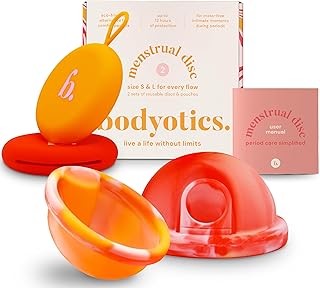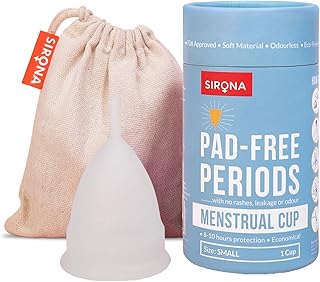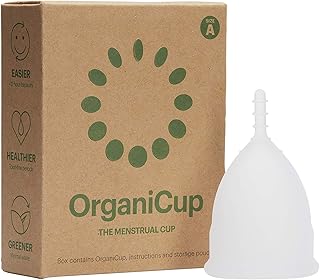Menstrual health and hygiene are crucial aspects of women’s overall well-being and empowerment. In today’s world, over 300 million women menstruate daily, with around 500 million lacking access to necessary menstrual products and facilities. To manage menstruation effectively, women need access to water, sanitation, hygiene facilities, affordable menstrual products, and education on good practices. The World Bank recognizes the multi-sectoral impact of menstrual health and hygiene and adopts a holistic approach to enhance menstrual hygiene globally.
Menstrual hygiene management goes beyond just the physical supplies and infrastructure. Cultural taboos and social norms often dictate negative attitudes towards menstruation, leading to unhygienic practices and stigma. This lack of information and support can perpetuate gender-based violence, hinder education, and exacerbate social and economic disparities among women and girls. Addressing these issues requires collaborative, multi-dimensional solutions that combine education, infrastructure, and policy changes in a comprehensive manner.
In low-income countries, inadequate sanitary facilities in schools affect girls’ educational experiences, leading to absenteeism and dropouts during menstruation. Studies from various countries highlight the impact of poor menstrual hygiene on school attendance, academic performance, and overall well-being. Access to safe and affordable menstrual materials is crucial to reducing health risks, improving gender equality, and unlocking economic opportunities for women.
Promoting menstrual health and hygiene is not just about personal well-being; it is a matter of dignity, privacy, and gender equality. Discriminatory social norms and stigmas surrounding menstruation can restrict women’s choices and perpetuate harmful practices. Enhancing menstrual hygiene can empower women, improve their access to education and job opportunities, and contribute to economic growth. Additionally, sustainable menstrual products and waste management practices can have a positive impact on the environment by reducing non-biodegradable waste.
The World Bank’s initiatives in countries like Bangladesh, Eswatini, Ghana, and Lao PDR demonstrate a comprehensive approach to menstrual health and hygiene. These projects focus on improving sanitation facilities in schools, promoting behavior change, and providing education on menstrual hygiene. By addressing the intersecting issues of water, sanitation, hygiene, and cultural attitudes, these initiatives aim to empower women and girls, enhance their educational outcomes, and foster economic development.
Publications and resources from the World Bank highlight the importance of creating an enabling environment for menstrual health and hygiene. Case studies, toolkits, and success stories underscore the need for concerted efforts to ensure women and girls have access to safe and dignified menstrual hygiene practices. By investing in menstrual health, we invest in the well-being and potential of women and girls worldwide.
Overall, menstrual health and hygiene are integral to achieving gender equality, promoting education, and fostering sustainable development. By addressing the challenges faced by menstruators through collaborative, multi-sectoral interventions, we can create a more inclusive and empowering world for women and girls.
📰 Related Articles
- World Bank’s Impactful Investments in Menstrual Health Empower Women
- Sunita Kotnala Empowers Women Through Women’s Shed Canberra
- Study Reveals Menstrual Hygiene Challenges Among Indian Women
- She’s Electric Campaign Empowers Women Through E-Biking Revolution
- Dr. Zarzeez Anindya Empowers Women Through Fashion Authenticity






